Introduction
In spite of what they are called, sea cucumbers aren’t part of the veggie family. They are sea creatures that have been used in Asian cooking for many years, also because they are very rich in certain nutrients. But can dogs eat sea cucumber?
Can they get the same benefits as humans do, or is this type of food risky for them? We’re answering these questions and more in today’s post, so keep on reading!
Is Sea Cucumber Good for Dogs?
Although there are several different species of sea cucumber being harvested right now, they all boast the same health benefits.
What we would like to note is that raw and live sea cucumbers are extremely dangerous for dogs as they can release a substance that’s poisonous for pets and humans alike.
Let’s look at some of the nutrients you will be able to offer your dog by integrating thoroughly cooked sea cucumber into their diet.
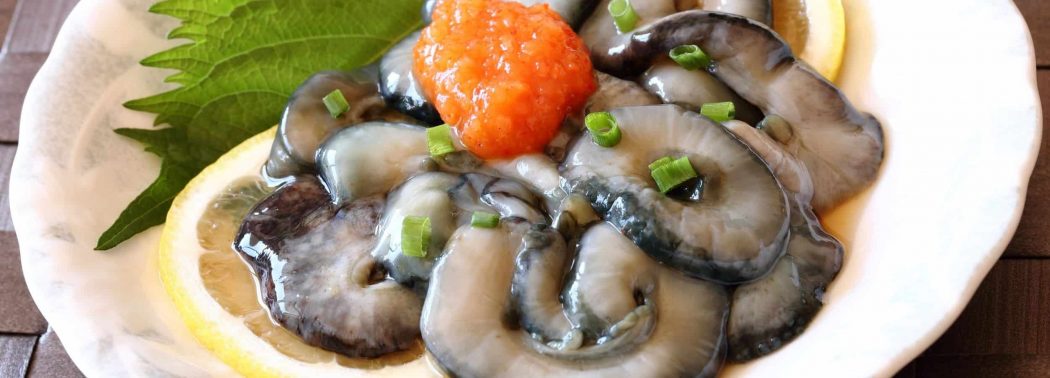
Vitamins
Sea cucumber is rich in a plethora of vitamins, from vitamins A and C to niacin and riboflavin. All of these can have a positive impact on the way your pet’s body is functioning by supplying their immune system with a bit of a boost.
Your dog will be more resistant to infections, so you will take fewer trips to the vet throughout the year.
Minerals
Sea cucumber contains calcium, zinc, magnesium, and iron. While all of these minerals do different things, they are all essential for healthy development.
Iron is heavily involved in the cardiovascular system and is the core component in your pet’s red blood cells, making them able to transport both oxygen and nutrients to and from tissues and organs.
Zinc can improve your dog’s metabolism and immune system. It is more commonly found in food sources such as red meat and chicken.
Calcium and magnesium can improve your dog’s mood, sleep patterns, as well as the strength of their bones.
Amino acids
Here are some examples of amino acids that can be found in sea cucumbers:
- Lysine
- Tyrosine
- Threonine
- Arginine
- Glycine
Lysine can improve calcium absorption while also promoting wound healing. Tyrosine helps your dog’s metabolism on the whole and also assists their thyroid gland in functioning normally.
Threonine is essential for preventing disorders of the central nervous system, including paraparesis, sclerosis, and other such conditions. Also, arginine improves blood flow.
Finally, glycine ensures cellular growth and overall health by fighting free radicals and effectively slowing down your dog’s aging.
Is Sea Cucumber Bad for Dogs?
Toxins
Live sea cucumbers secrete a substance called holothurin so as to deter an attack from an aggressor. This means that live sea cucumbers shouldn’t ever be given to dogs as toys.
Holothurin is largely known for having several negative effects in pet bodies, including muscle weakening.
Too much salt
Despite being rich in so many good nutrients, raw sea cucumbers also contain massive amounts of salt. And when we say massive, we do mean it. 100 grams of sea cucumber contains 683 mg of sodium in the skin and 522 mg of salt in the muscle.
This means that if it is uncooked, sea cucumber could actually be lethal for dogs. That amount of sodium can wreak havoc in a pet’s cardiovascular system, and one potential outcome of having ingested that much salt can be the dog suffering a heart attack.
Blood-thinning features
Although the blood-thinning properties of sea cucumbers aren’t extreme, if your dog is already taking medication for the same purpose, we do not recommend feeding any to him.
How Much Sea Cucumber Can My Dog Eat?
As healthy as it is, sea cucumber should not be a regular part of a dog’s diet. Sure, it’s rich in many essential nutrients, from vitamins and minerals to amino acids.
But it should always be looked at as a snack rather than a main source of food.
Perhaps one tablespoon of very heavily cooked and unseasoned sea cucumber per week would be safe enough for most dogs. However, if you own a small or teacup breed, we suggest using half of a teaspoon instead.

How to Prepare and Serve Sea Cucumber to Your Dog
The most common way of cooking sea cucumbers is by braising them or turning them into a stew. Because they have such large quantities of salt, they need to be boiled for a longer amount of time, and you also need to change the water every now and then so as to remove the sodium that has seeped into it.
Even though in traditional Chinese cuisine, sea cucumber is served along with additions such as oyster sauce, soy sauce, dried shiitake mushrooms, or broccoli, we strongly suggest avoiding all of these if you intend to serve it to your dog.
Give your pet only plain sea cucumber, without any spices or seasonings. Otherwise, you could risk putting their health in danger and ending up at the emergency veterinary clinic in the middle of the night.
Summary
So, can dogs eat sea cucumber? In some cases, yes.
We’d also like to note that sea cucumber is now a common ingredient of canine supplements, and since those are completely safe, it’s probably a better idea for you to purchase one instead of trying to cook it properly.
Additionally, sea cucumber should always be looked at as a dog treat, not a type of food that you give your pet every single day.
For more info on what you’re supposed to feed your dog for a perfectly balanced and healthy diet, consult your veterinarian. Most commercial diets these days do a good job of providing your pet with the nutrients they need.
Sources
- Elemental composition of commercial sea cucumbers (holothurians), J. Wen et al, 2010
- Pharmacological potential of sea cucumbers, Yuri Khotimchenko, 2018
- Medicinal and health benefit effects of functional sea cucumbers, Ratih Pangestuti et al, 2018
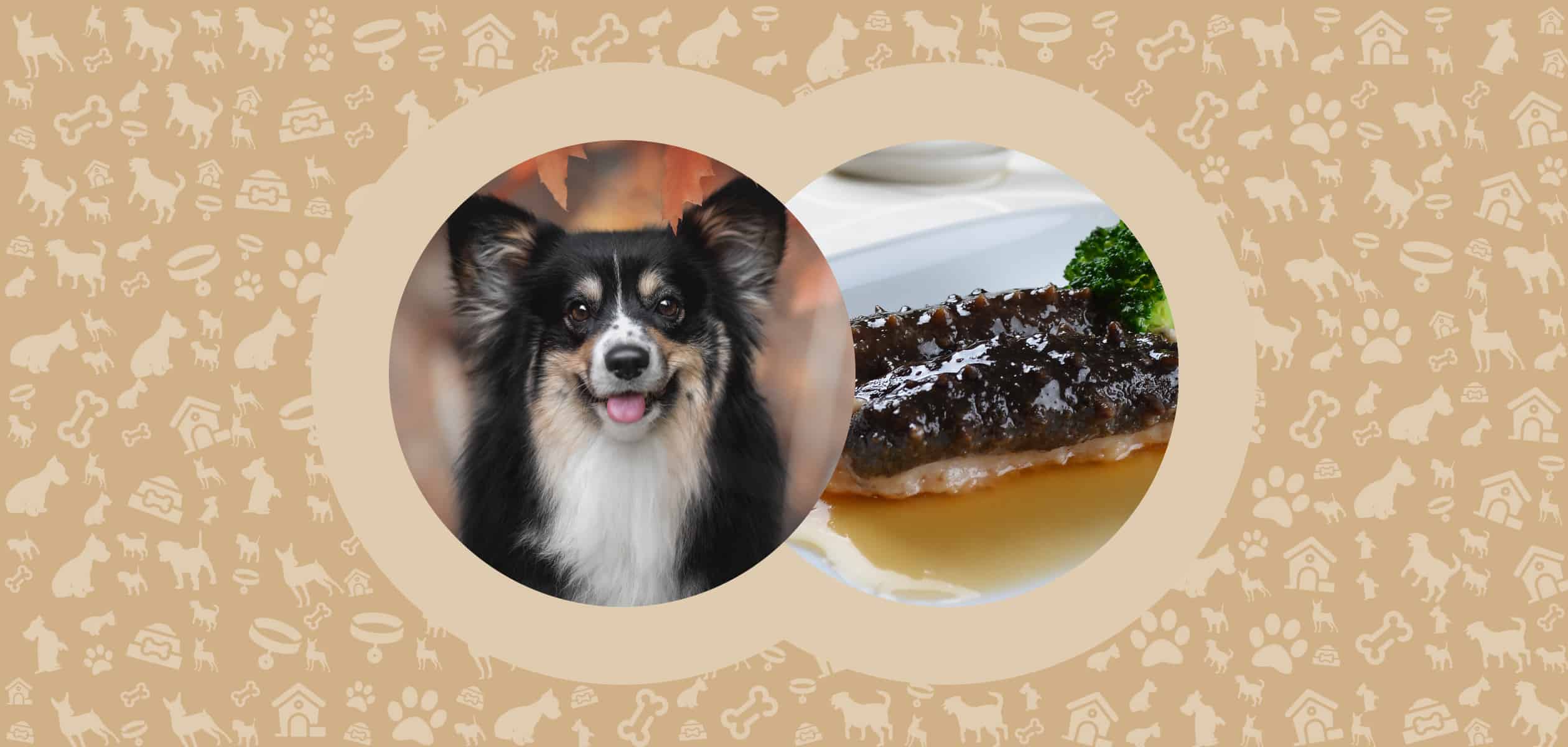
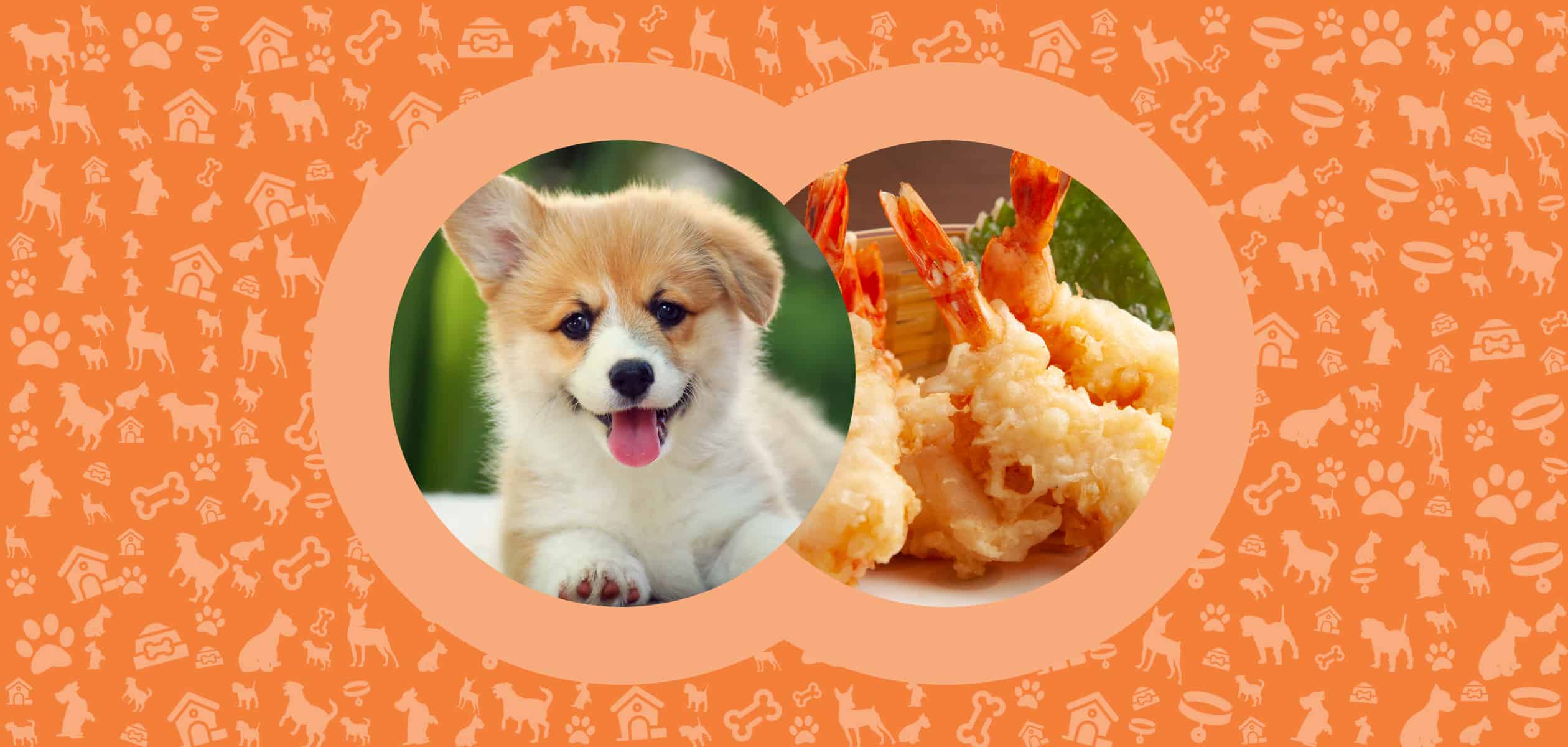
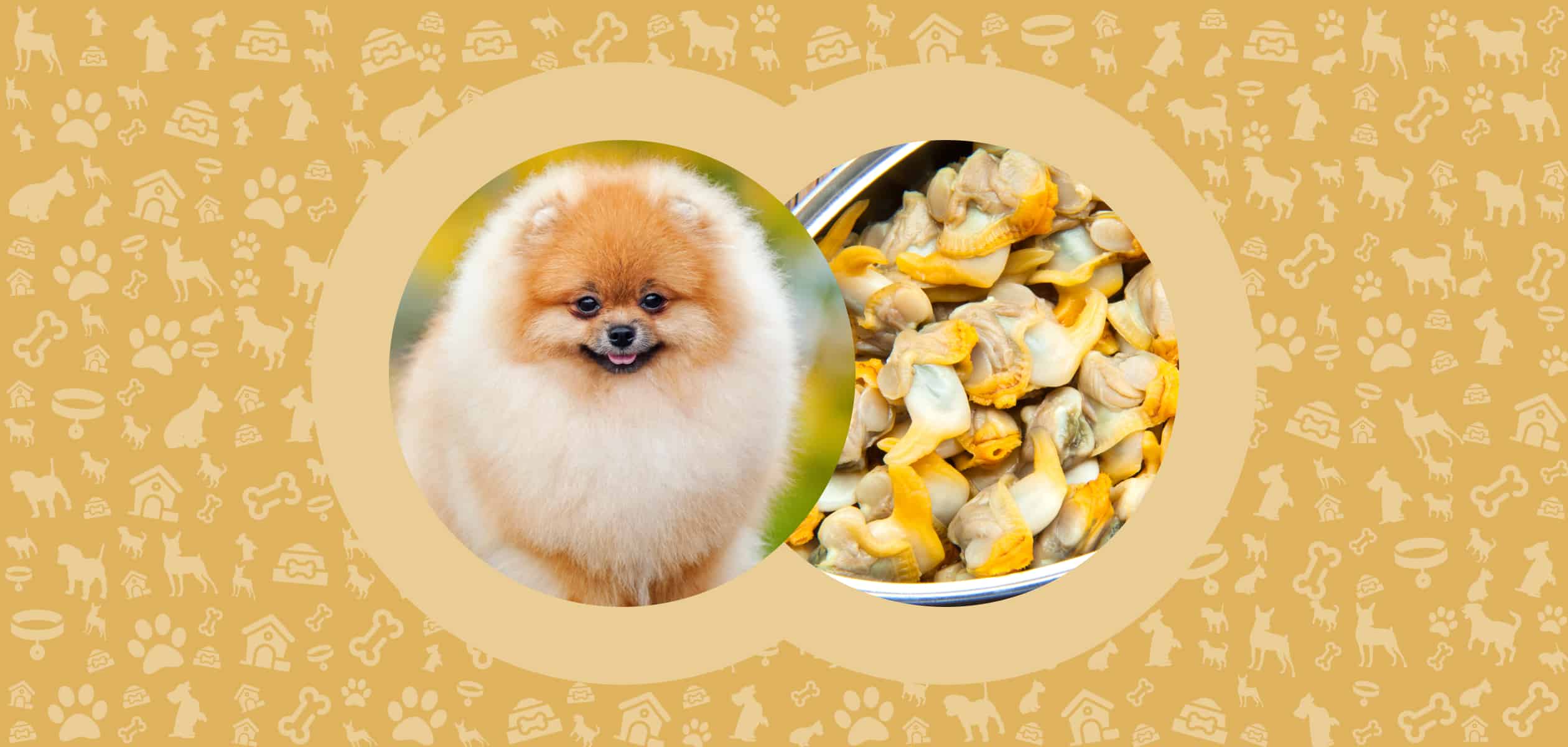
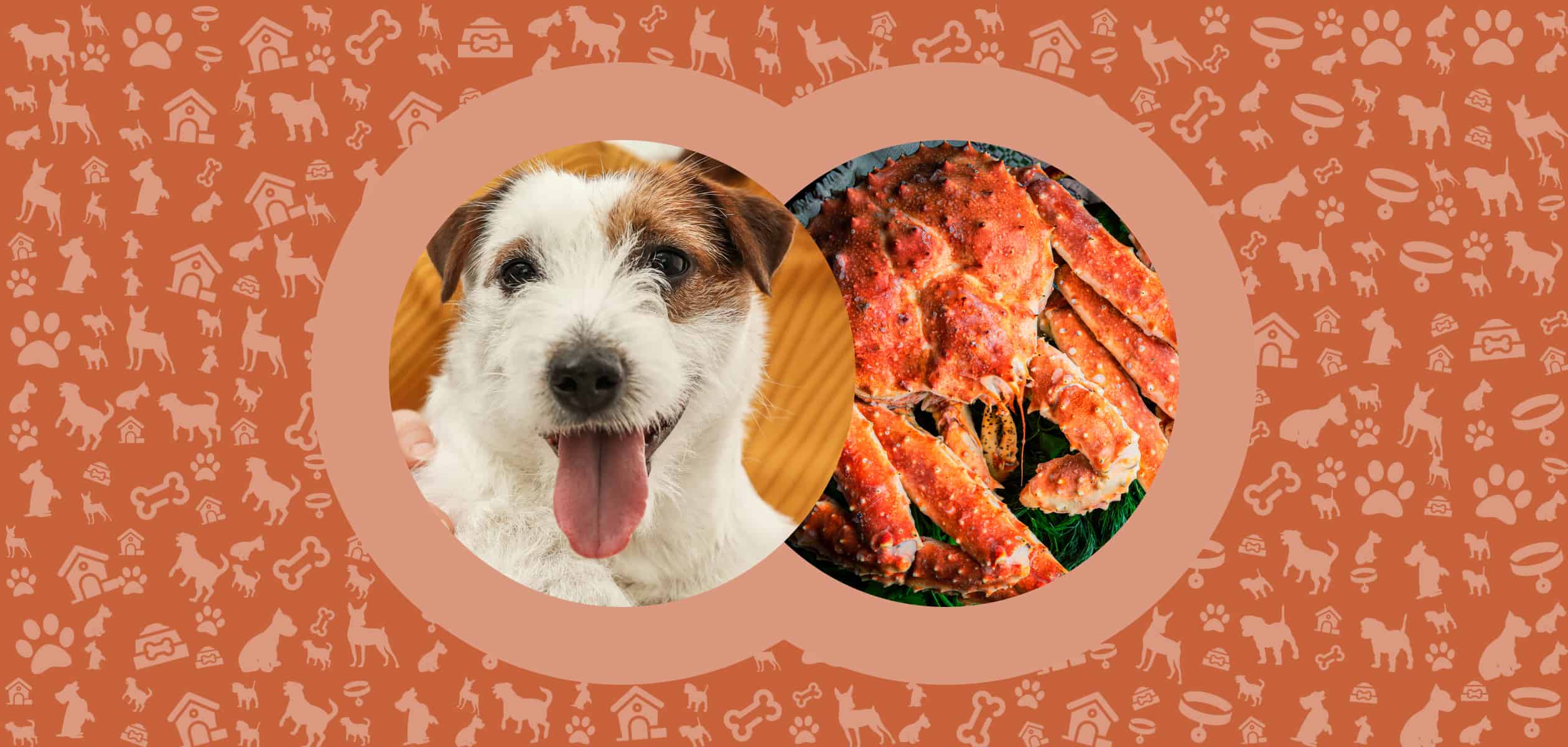
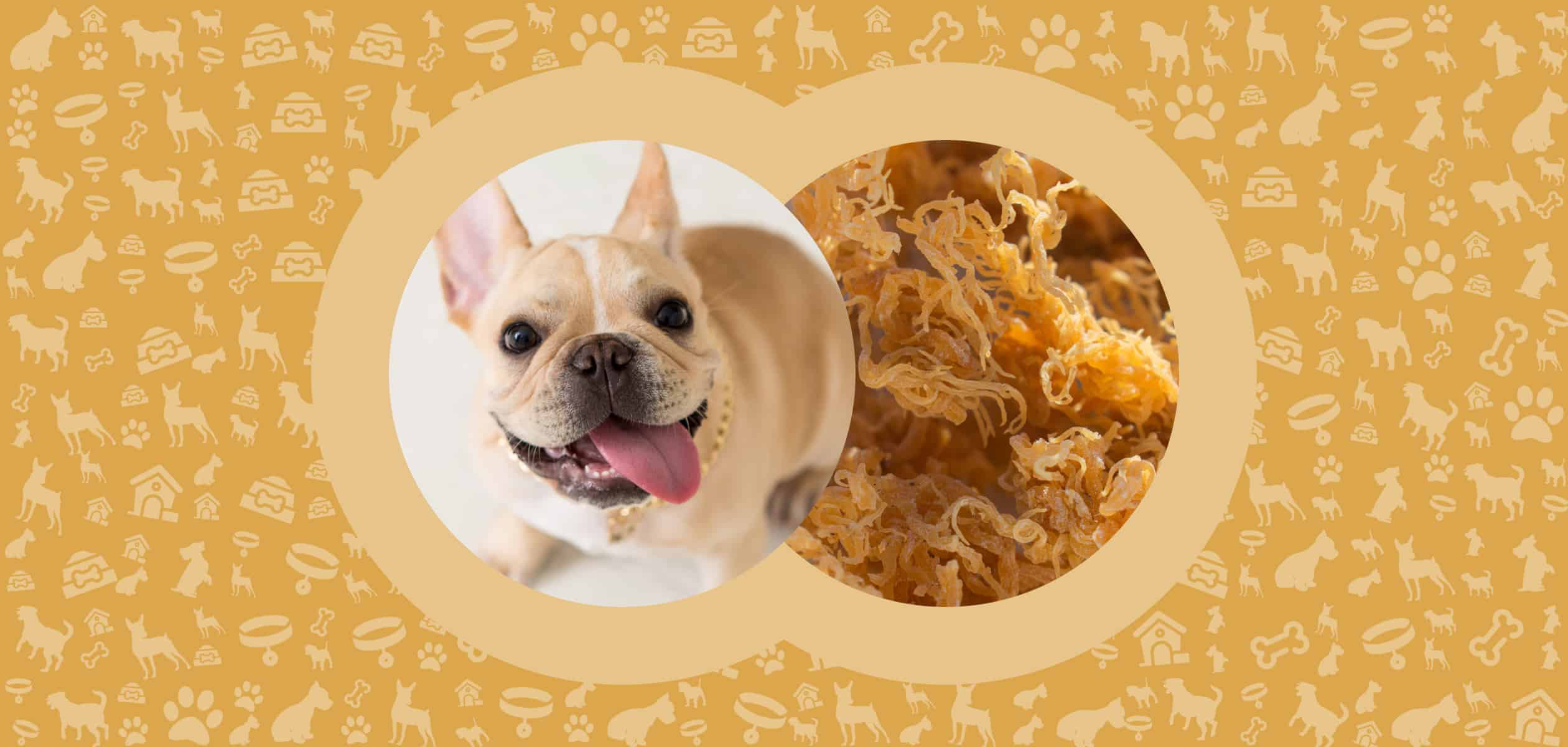
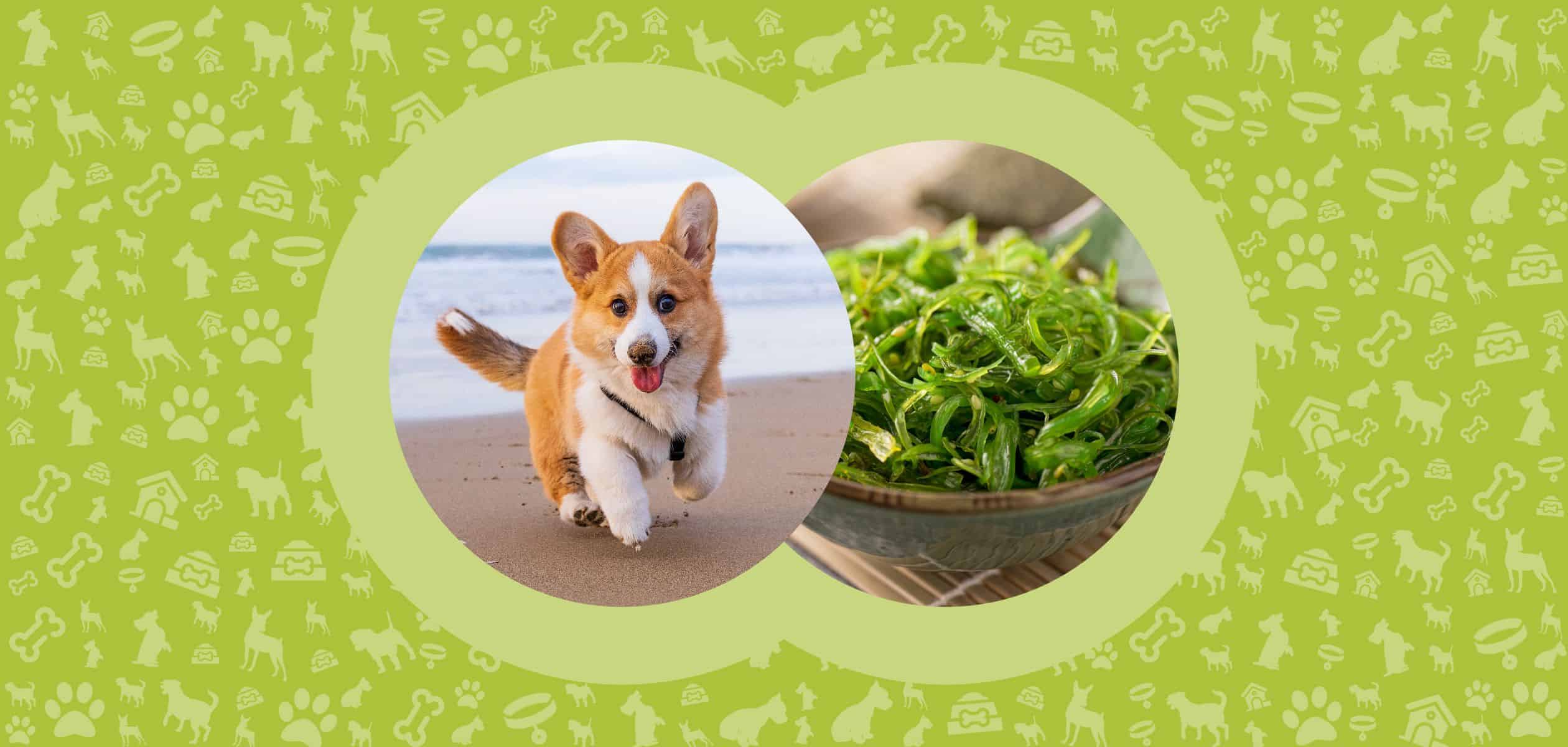
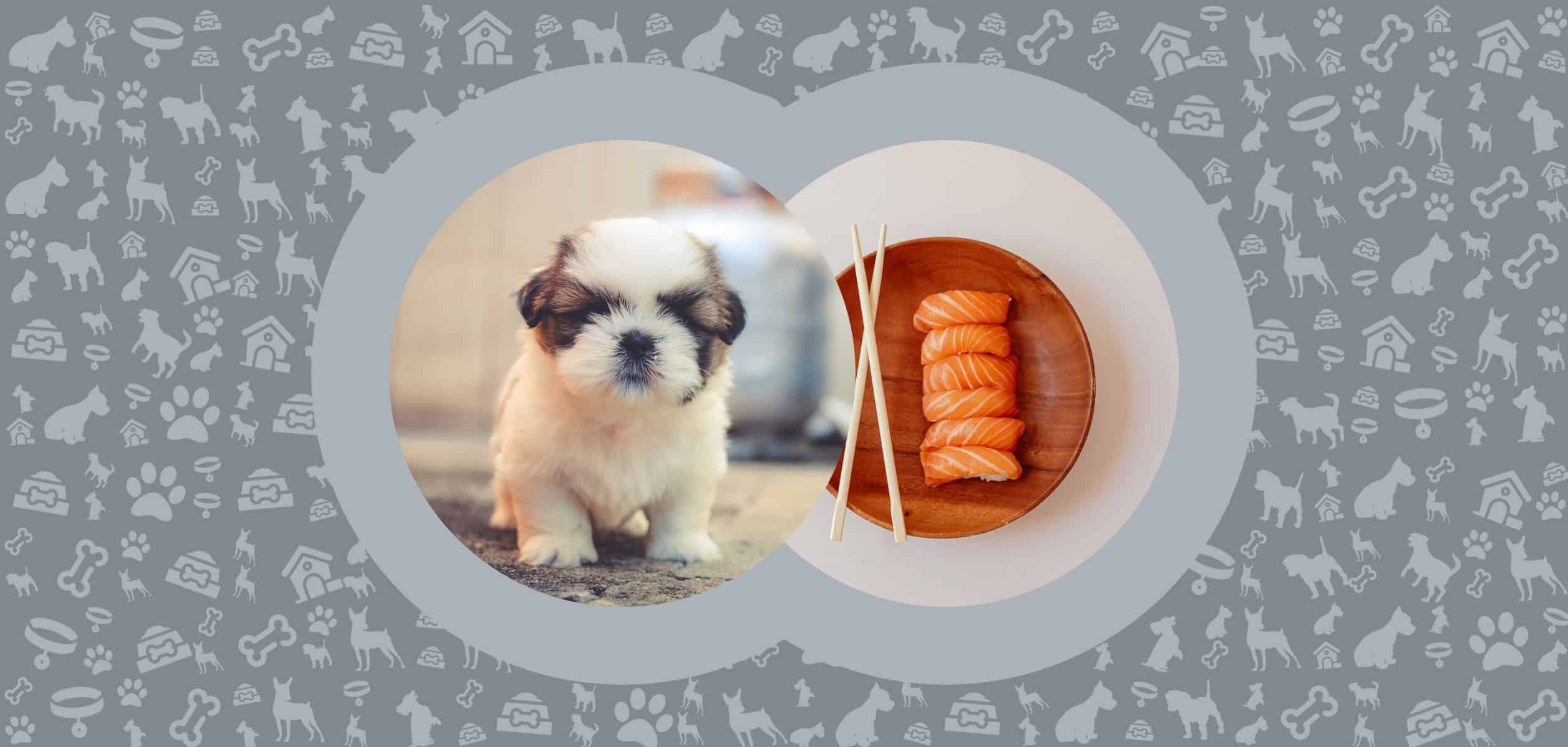
Leave a Comment